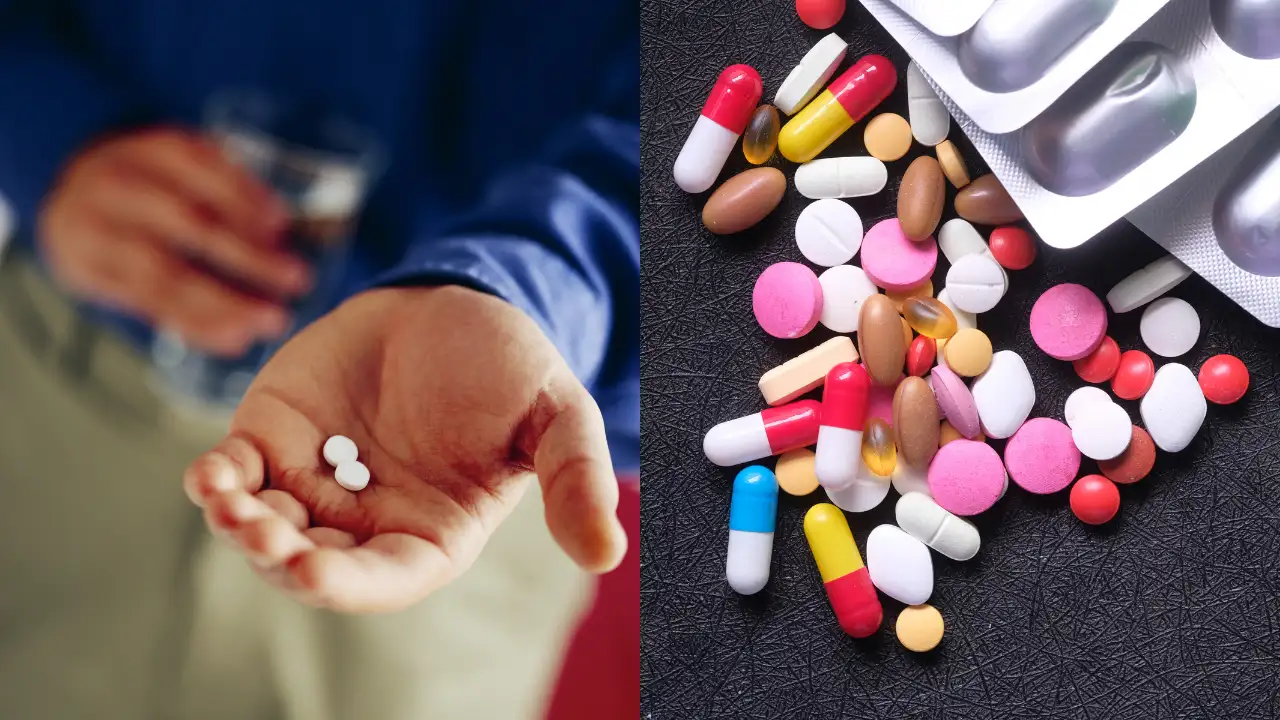This happens with everyone; you open a drawer and find a strip of painkillers so old the foil is flaking. Most of us have a bunch of pills somewhere, from pain meds and anti-anxiety tablets to a bottle with a label so smudged you cannot even remember what it was for. But holding on to expired or unused medication is not just a harmless habit; it can be dangerous, even deadly.
India's top drug watchdog, the Central Drugs Standard Control Organisation (CDSCO), has sounded the alarm with a blunt warning: “There is a small number of medicines that may be especially harmful and, in some cases, fatal with just one dose if they are used by someone other than the person for whom the medicine was prescribed.”
The CDSCO has released a list of 17 high-risk drugs that should be disposed of immediately if they are expired, unwanted, or just lying unused at home. And their instructions are clear-cut—flush them down the sink or toilet. Not the bin.
What Are Those 17 Drugs?
The list reads fentanyl, morphine sulfate, oxycodone, diazepam, methadone hydrochloride, tramadol, and more. These drugs are mostly opioids or synthetic opioids—substances that can sedate, numb, or calm but, in the wrong hands or wrong doses, can just as easily kill.
While some of these medications carry a high risk of misuse or abuse, their accidental consumption by children, pets, or unsuspecting adults can also result in fatal outcomes. Which is why the CDSCO is not mincing words. “The general public should flush down the sink or toilet to help prevent danger to people and pets in the home.”
An Initiative which is More than Just Flushing The Down
The guidance is part of a larger push to prevent antimicrobial resistance (AMR) and reduce environmental contamination. That painkiller tossed into household trash? It could leach into groundwater. That antibiotic you never finished? It could contribute to AMR, making infections harder to treat across the board.
For most other medications that do not fall into the ‘flush immediately’ category, the CDSCO is recommending something more structured—a drug take-back initiative. The idea is to return unused or expired drugs to local chemists or authorised centres, where they can be safely disposed of according to Biomedical Waste Management Rules.
It is a model that works well in several countries already and one that India sorely needs. Because whether it is a curious child, a desperate adult, or just a poorly labelled bottle, the risks of keeping expired or leftover medications at home are no longer something we can shrug off.
It is time you took a peek inside your medicine cabinet. If you spot fentanyl citrate or tramadol with a dusty expiry date, do not think twice. Get it gone because, in this case, out of sight really is out of danger.
And if you are unsure what to do with the rest of your leftover meds, hold onto them but not forever. With the CDSCO urging state governments to roll out structured collection systems, the day may not be far when safe disposal is just a trip to the pharmacy away.
